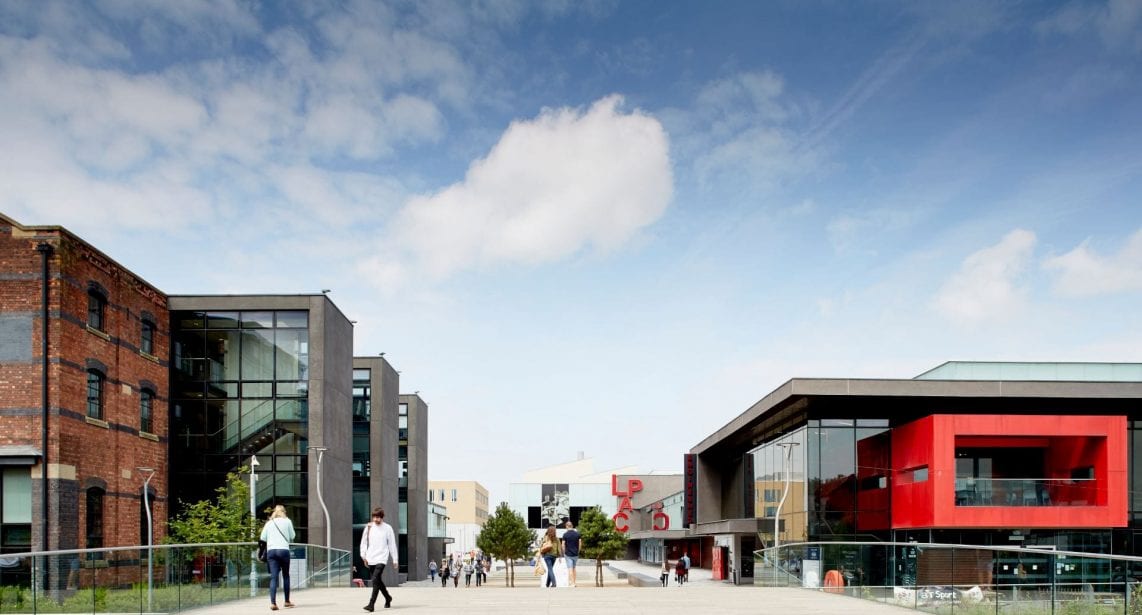23 Things for Digital Knowledge
It’s hard to believe this is the final post in this series! For Thing 23, I will reflect on my previous posts and what I have learned. It has been 1244 days since I started this journey–my first post went up on 20 February 2019. Favourite pArts and Surprises I most enjoyed the parts of… Read more Thing 23: Reflection
The penultimate Thing focuses on having fun in digital spaces and suggests playing around with apps like Just a Line, an app which allowed users to create and share video animations of simple drawings; Dubsmash, a lip-synching app, or Snapchat, a messaging app that focuses on sharing pictures or short videos which are promptly deleted… Read more Thing 22: Fun and Play
Gamification is a part of life and learning online. Adding elements of game-playing, such as earning rewards, competing with others, tracking progress, and exploring stories, to non-game situations, can make education more engaging and interactive. Thing 21 asks us to explore the work of online educational games, by choosing two from a list and interacting… Read more Thing 21: Online Games and Learning Tools
It can be easy to forget how new professional social networking is. Consider the students who enter university at eighteen in the autumn of 2022. They were born in the year Facebook was launched! Most young people, in other words, have never experienced a world without the social internet. Most researchers, on other hand, are… Read more Thing 20: Professional Social Networks
Citations, as I tell students in academic skills workshops, are a way to acknowledge where their information comes from. Any direct quotes; paraphrases or summaries, theories or arguments (or even viewpoints); or statistics, case studies, diagrams, etc; that they did not make themselves must be followed with a reference to the source of that work.… Read more Thing 19: Altmetrics
One of my favourite things about working at a university is being able to see new ideas grow and develop. Many universities, including mine, foster this process through small grant schemes, which are designed to enable research projects to get off the ground. It was through one of these that I first heard of the… Read more Thing 18: Augmented and Virtual Reality
Confession time: I have a terrible sense of direction. After getting a smartphone, I embraced the use of navigation systems like Google maps and became much less stressed about the prospect of trying to find a place for the first time. Geolocation, the use of data from GPS or mobile towers to determine the location… Read more Thing 17: Geolocation Tools
Further Reflections on Digital Curation Sixteen posts in and I have yet to bookmark my own blog, which means that every time I begin to write a post, I end up googling ’23 Things for Digital Knowledge’. A few weeks ago, this led to me discovering and bookmarking the 23 Research Things Programme at the… Read more Thing 16: OneNote / Class Notebook
Before I became a librarian, I had never heard the phrase library jargon. Now it’s something I think about whenever I’m preparing to teach or talk about pedagogy. Unfamiliar or overly specific language can be a barrier for students but it’s tricky to know what to use instead. Is ‘online archive’ clearer for students than… Read more Thing 15: Digital Curation
Gentle reader, how are you doing? I hope you and yours are all healthy and safe. When I began this challenge in February 2019 I had no idea how much change lay ahead and how important digital means of learning and interacting would become. While lockdowns are shifting and changing around the world, it looks… Read more Thing 14: Audio
